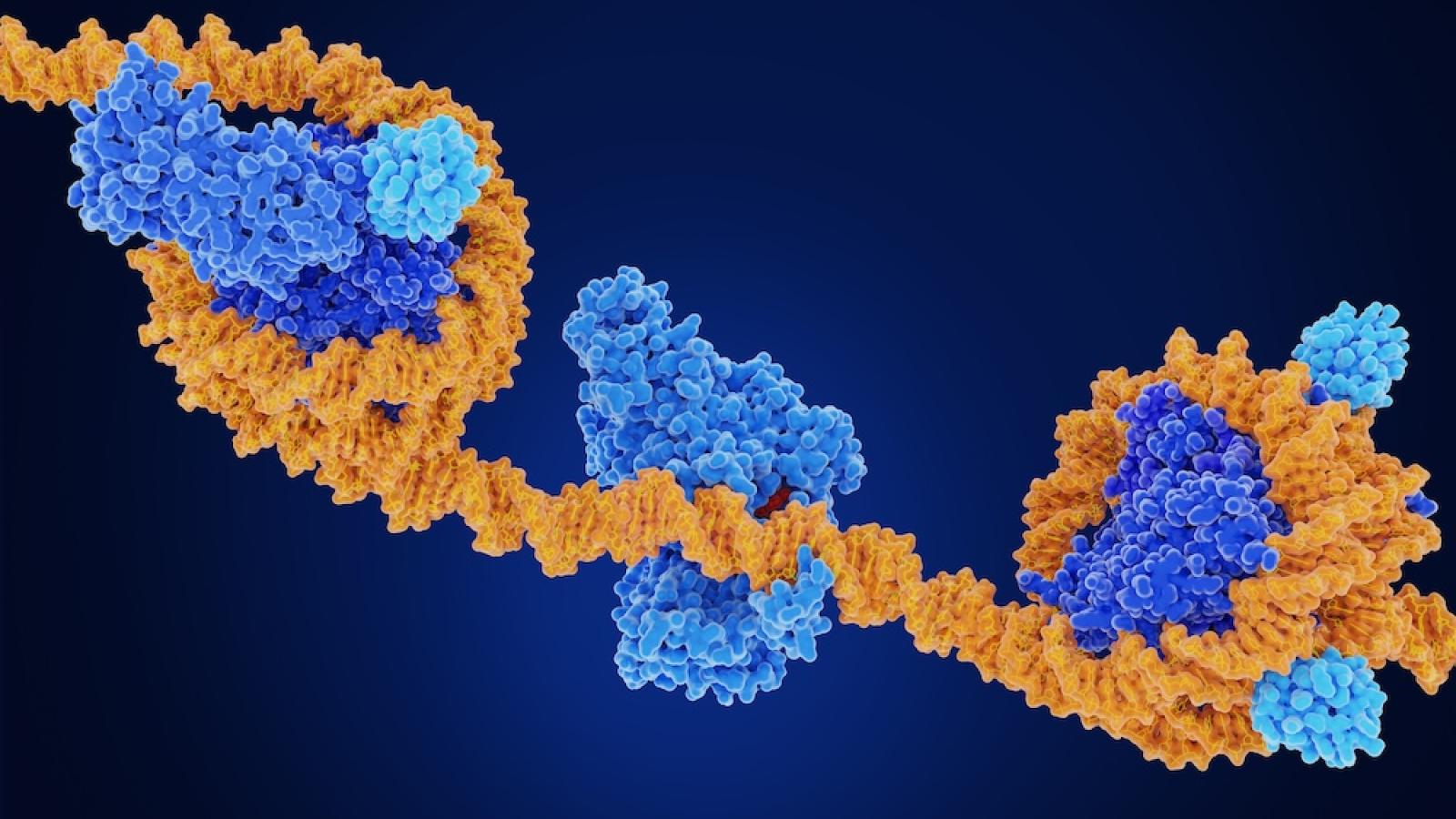Identifying epigenetic factors that dysregulate our genes
Ageing is the single biggest risk factor for neurodegenerative conditions such as Alzheimer’s and Parkinson’s disease, and as elderly populations across the world expand, these diseases are set to become more prevalent with a limited arsenal of treatments currently available.
To successfully develop therapeutics, scientists need to identify and target the main causes of these conditions. Clues as to the origins of a disease can come from studying individuals who are most at risk as determined by their genetic make-up. It is not just the genes themselves that can confer risk for a disease but also how they are regulated – the epigenome.
The Nott Lab aim to identify epigenetic factors that dysregulate our genes and cause neurodegenerative diseases such as Alzheimer’s. Using state-of-the-art genomic and bioinformatic techniques, the team hopes to find candidate factors with which to target with therapeutics desperately needed for those living with these devastating diseases.
Latest news
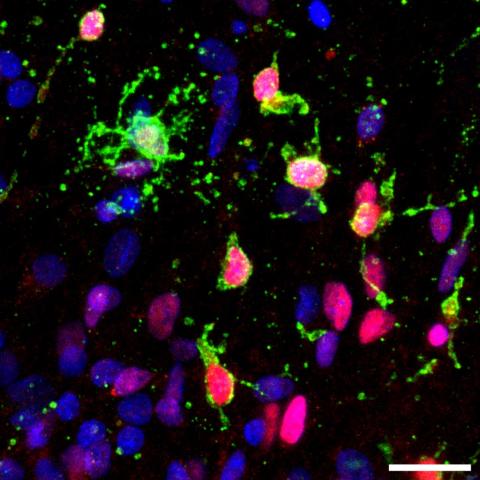
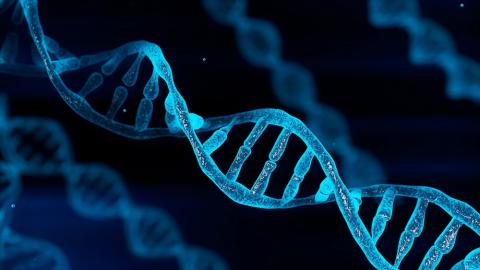
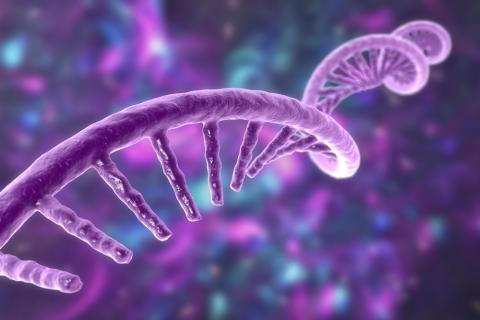
Dr Alexi Nott
Dr Alexi Nott is a Group Leader at the UK DRI at Imperial. Find out more about his career and expertise on his profile page.
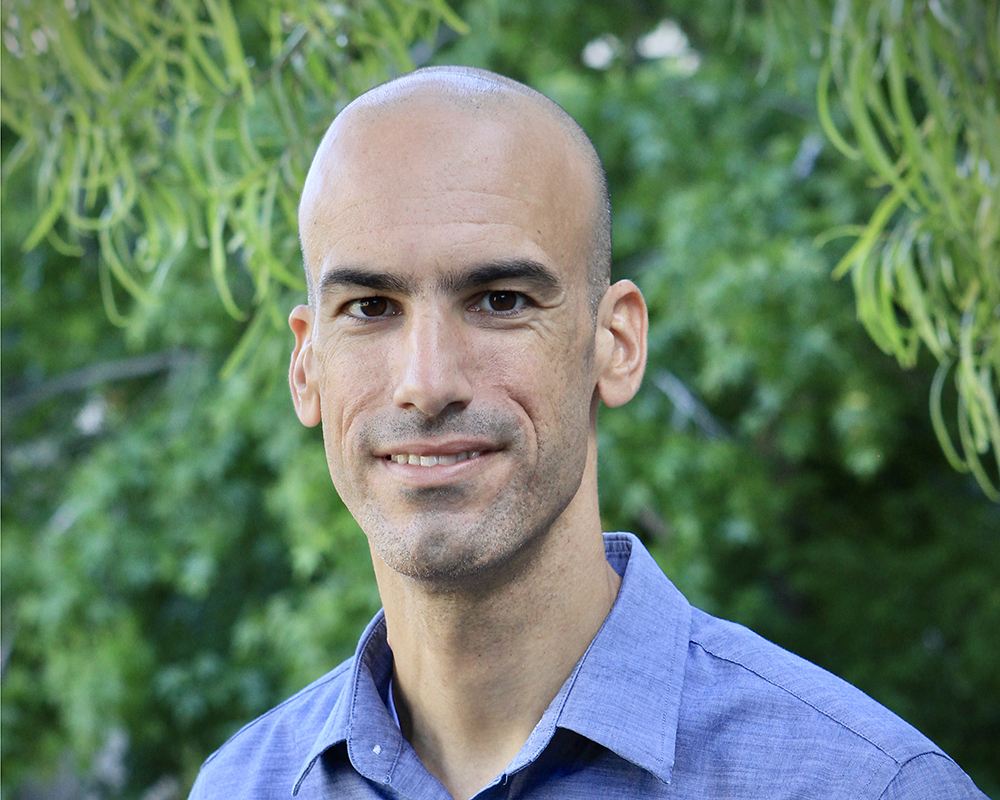
Research summary
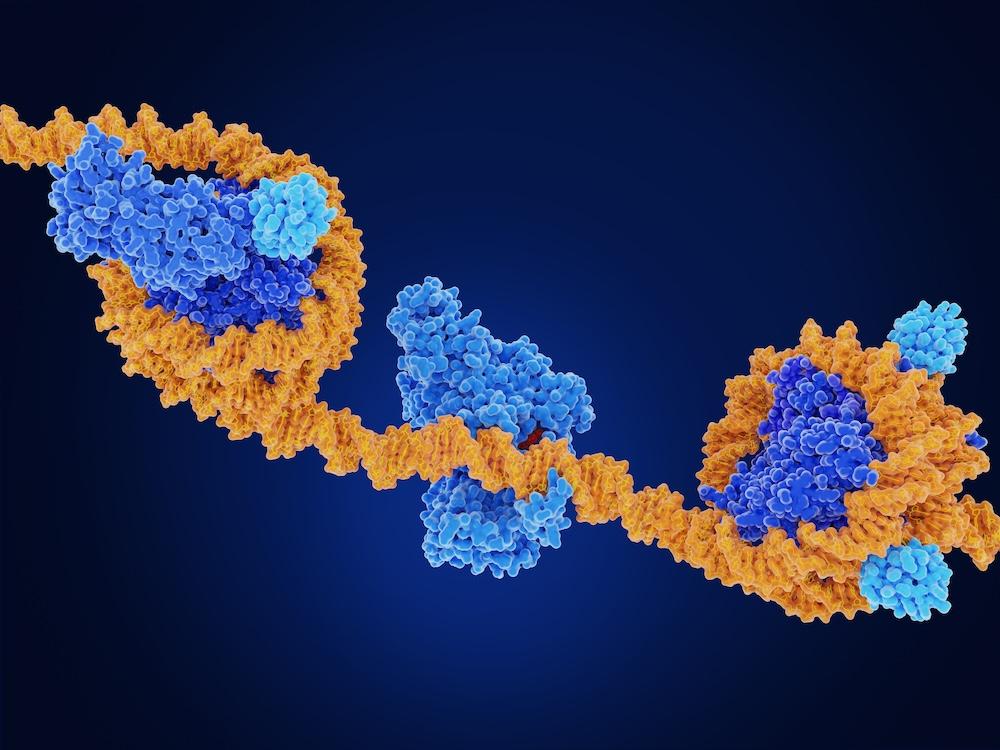
Epigenetic modifications. Credit: Shutterstock/Juan Gaertner
Understanding cell type gene regulation in ageing-related brain disorders
Genetic variants that increase the risk of ageing-associated diseases such as Parkinson’s and Alzheimer’s disease (AD) have been identified but their function of is still largely unknown. They often reside outside of genes in DNA regions thought to regulate gene expression, called enhancers. Enhancers integrate environmental signals, resulting in gene expression programmes that guide cell type-specific responses. The colocalisation of disease-risk variants in enhancers suggest that enhancer function is critical for normal ageing and that enhancer dysfunction is a driver of disease. While enhancers are key for inferring cell type-specific gene expression programs, prior work has focused on bulk tissue, potentially masking epigenomic changes that occur in rare cell types. For example, microglia, the immune cells of the brain, have been implicated in ageing-associated disorders; however, they constitute only 5% of cells in the brain and have been difficult to detect by bulk tissue analysis.
In this UK DRI research programme, the Nott Lab aims to decipher how cell type-specific enhancer function drives brain physiology and ageing-related disease. This work will provide mechanistic insights into cell type-specific gene regulation that cannot be elucidated by transcriptomic studies. Dr Nott has previously used unbiased genome-wide sequencing approaches, and in parallel, established a protocol for isolating nuclei of specific cell types from frozen human brain tissue, providing a powerful arsenal for studying human brain disorders. He found that genetic variants associated with increased risk of AD were largely confined to microglia enhancers, whereas genetic variants for psychiatric disorders such as autism and schizophrenia were enriched in neuronal enhancers. Dr Nott subsequently generated interactome maps that connect disease-risk variants located in enhancers to gene promoters, and used integrative analysis of promoter-enhancer interactome maps to not only revise and expand the gene repertoire influenced by AD-risk variants but also reveal the probable cell types in which they function. Additionally, he identified a microglia-specific AD-risk enhancer connected to the BIN1 gene and validated that the enhancer confers cell type-specific BIN1 expression using iPSCs.
Dr Nott has expertise in state-of-the-art genomic and bioinformatic techniques using human brain tissue and stem cell models of disease. He has also trained in molecular and cell biology, biochemistry and animal behavioural approaches to study brain function using mouse genetics and human stem cell systems.
Main objectives and research goals:
This research programme will reveal potential therapeutic targets and diagnostic biomarkers for ageing that will be broadly applicable to brain disorders. Specific aims are to:
- Map cell type-specific enhancers during ageing to identify new signalling pathways that drive disease
- Elucidate the function of candidate disease-associated epigenetic factors in the ageing brain
- Identify environment-induced epigenetic changes that impact brain ageing
Key publications
Vacancies
Lab members
- Dr Reuben Yaa (Postdoctoral Researcher)
- Dr Baptiste Brule (Research Associate)
- Dr Yukyee Wu (Research Associate)
- Charbel Gergian (Research Technician)
- Ana Narvaez Paliza (Technician)
- Janis Transfeld (PhD Student)
- Kevin Ziegler (PhD Student)
- Janna van Dalen (PhD Student / Research Assistant)
- Aydan Askarova (PhD Student)
Collaborators
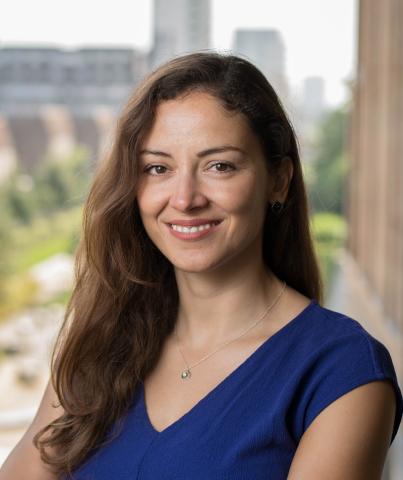
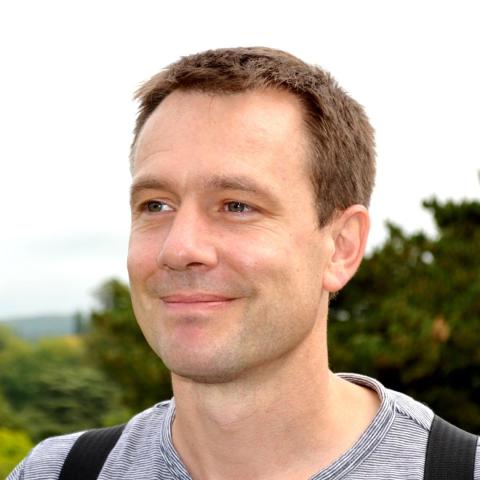
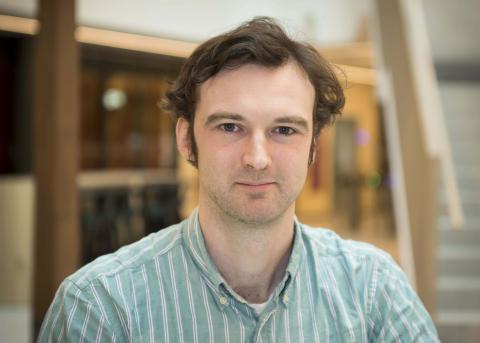
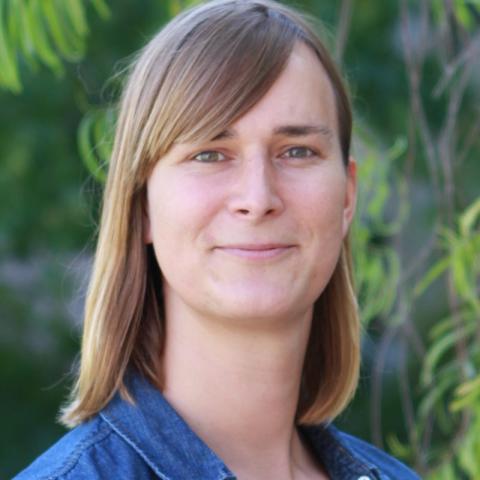
Lab funders
Thank you to all those who support the Nott Lab!
